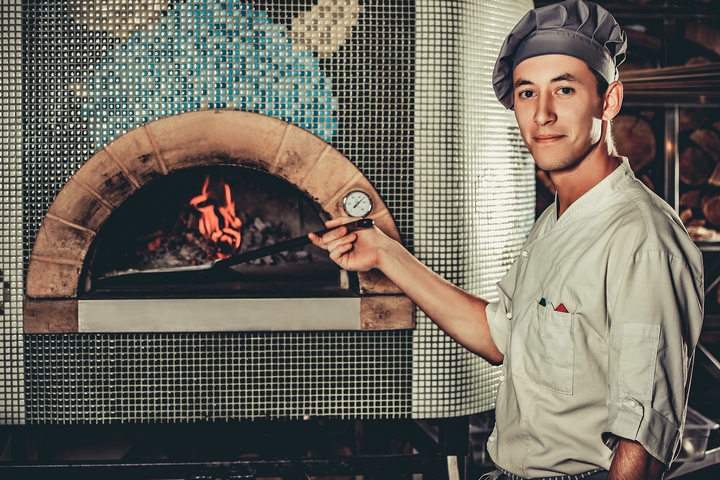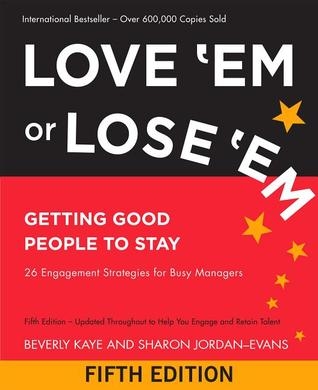
So you’ve decided you want to open a restaurant or café, and now you have to make the first big decision: will you operate as part of a franchise, or will you open an independent location?
Often the instinctive desire is to start your own business from scratch and build a reputation entirely on your own merit, but there are several advantages to opening a franchise business. To decide what’s right for you, ask yourself the following questions:
1. What financial resources/backing do you have access to?

Many banks are more likely to provide financing for a franchise business because it’s already part of a successful brand. Franchises also typically become profitable in roughly one year, whereas the average independent business takes three years to become profitable.
If you start an independent business, you’ll get 100% of the profits, but you’ll also likely take longer to earn your first dollar—and have a harder time securing financing. You also have to keep close tabs on your costs and expenditures, including how much you will spend on commercial kitchen equipment.
2. How well do you understand business administration systems?

As an independent business owner, you have full license to set your systems up any way you want. Unfortunately that also means you have full license to mess it up, and you could end up making costly mistakes if you’re not intimately familiar with the inner workings of a restaurant business.
Franchise businesses, on the other hand, have a strict set of systems you must adhere to. They also offer training so location owners understand how to run the business. You don’t have any authority to change these rules, but they’ve proven, successful systems that will help you build a long-living business.
3. How skilled are you at marketing/what is your marketing budget?
![]()
Owning an independent restaurant means you either need to do all the marketing—including your graphic design and website—yourself or hire someone else to do it all. If you don’t have extensive marketing experience, this will cost you either hundreds (possibly thousands) of hours or an equal amount of money.
As a franchise owner, you gain access to all of the company’s marketing materials. You’re also working under a brand people recognize. This is most powerful in smaller cities and towns, where your business might be the only recognizable brand within a significant distance, drawing customers in by default.
4. Do you already have an established community of entrepreneurs?

Running a successful business is difficult whether you choose the independent route or join a franchise. You’re going to need a community to help you through it. This community should be able to provide both business advice and some emotional support. They should be both colleagues and friends.
There are several ways to connect with other entrepreneurs as an independent business owner. Most cities have events specifically for entrepreneurs, and there are large online communities for business owners in every industry. Franchises, on the other hand, often have a built-in community you can rely on. This means you’ll have a community with less work, but both types of community can provide equal value.
5. How intent are you on expanding?

Do you want to run a small family business, or do you want the opportunity to expand quickly throughout many neighbourhoods and even cities?
As an independent business owner, each new location requires essentially the same amount of work to build. As a franchise owner, you’ll often get first dibs when other franchise locations go up for sale. This can potentially allow you to expand at much faster rate than you would as an independent business owner.









